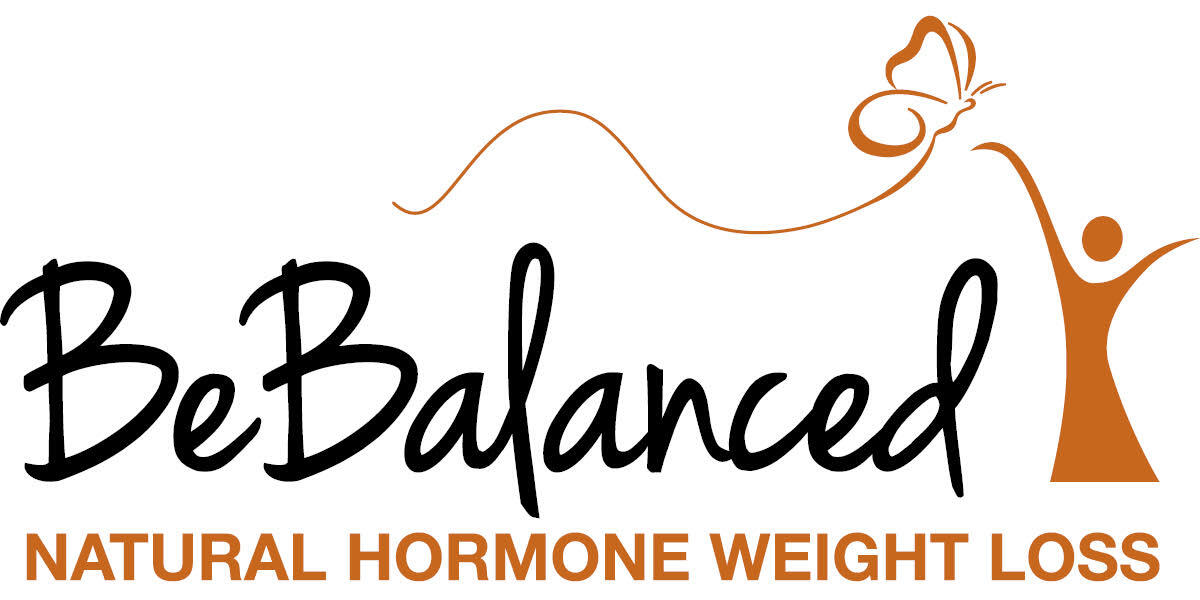As we age, our bodies undergo numerous changes, and for many women, managing weight becomes increasingly challenging. While diet and exercise are often the first steps we consider when trying to lose weight, hormones significantly influence how our bodies store fat, burn calories, and process nutrients. For women, hormonal imbalances—especially during perimenopause and menopause—can profoundly impact weight loss, making it harder to shed stubborn pounds.
The Hormonal Connection to Weight Loss
Hormones play an essential role in regulating metabolism, fat storage, and energy balance. Stress is a significant contributor to hormonal changes, primarily through the hormone cortisol. Chronic stress leads to elevated cortisol levels, disrupting the balance between estrogen and progesterone. This imbalance, known as estrogen dominance, often results in weight gain, bloating, and difficulties losing abdominal fat.
Limitations of Traditional Hormone Replacement Therapy (HRT)
Many women turn to hormone replacement therapy (HRT) to alleviate menopause symptoms such as hot flashes and mood swings. However, traditional HRT typically focuses on supplementing estrogen, and sometimes progesterone, without necessarily addressing the root hormonal imbalances that hinder weight loss. A holistic approach is often required to restore true hormonal harmony and effectively support metabolism and weight loss.
The BeBalanced Approach: Natural Hormone Balancing for Weight Loss
BeBalanced LA offers a unique, natural approach to hormone balancing, aiming to restore the delicate equilibrium of estrogen, progesterone, and other key hormones without synthetic interventions. This method employs a combination of dietary adjustments, lifestyle changes, and natural supplements, directly targeting the underlying hormonal issues that impact weight loss.
Steps to Improve Hormonal Balance and Achieve Sustainable Weight Loss
- Manage Stress: Engage in regular stress-reduction practices such as meditation, yoga, deep breathing, and regular exercise to lower cortisol levels.
- Eat a Nutrient-Rich Diet: Focus on whole foods—vegetables, fruits, lean proteins, healthy fats, and fiber—and include cruciferous vegetables and flaxseeds, which support estrogen metabolism.
- Prioritize Sleep: Aim for 7-9 hours of quality sleep nightly to maintain hormonal rhythms and reduce cortisol disruptions.
- Exercise Regularly: Combine cardiovascular workouts with strength training to improve insulin sensitivity, regulate cortisol, and boost metabolism.
- Consider Natural Hormone Balancing: Explore programs like BeBalanced LA to address hormonal imbalances holistically, without relying on synthetic hormones.
Conclusion
Hormones play a critical role in weight management, particularly for women experiencing the hormonal shifts associated with aging, perimenopause, and menopause. Elevated cortisol, reduced progesterone, and estrogen dominance can make weight loss challenging. Traditional HRT may alleviate some symptoms but often does not resolve underlying hormonal imbalances. Adopting a holistic, natural hormone-balancing approach, such as offered by BeBalanced LA, can promote sustainable weight loss and overall health improvement, empowering women to regain control of their weight and well-being.





